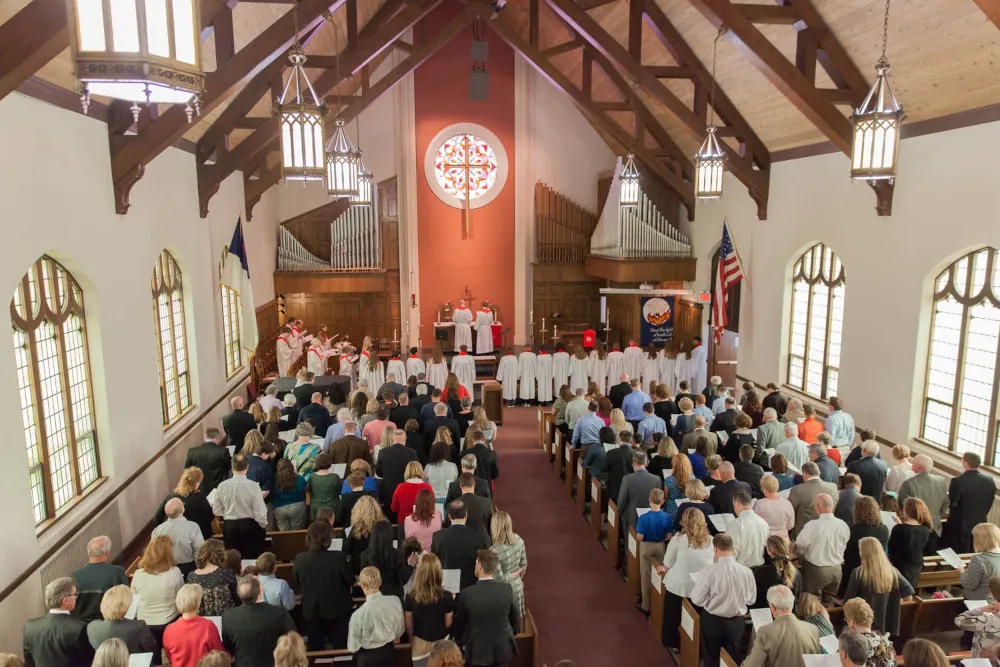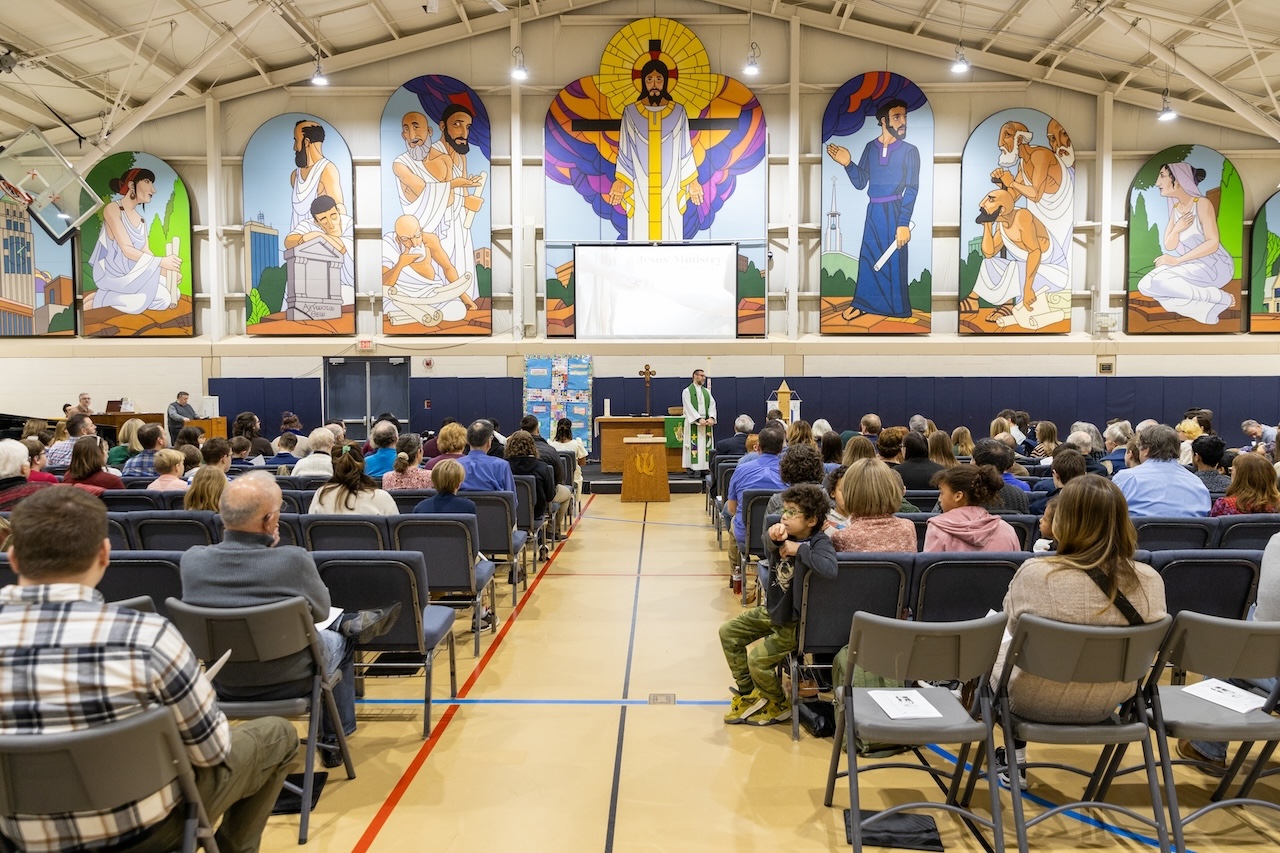Hope Clinic Packing Lunches
Help us pack sack lunches for Hope Clinic before church on Wednesday, March 25 @ 5:30 pm, in the Fellowship Hall Downtown. Pizza dinner and Lenten worship service to follow. Donations needed!
St. Paul Ann Arbor is a welcoming family where faith and community come together. We’re a place for individuals and families to deepen their relationship with Christ, find meaningful connections, and make a difference. A Lutheran church and school with two campuses, we offer weekly worship services on Saturdays and Sundays. We care deeply about the communities God has placed us in and we want to meet you! Whether you’re new to Ann Arbor or seeking a church home, we invite you to experience the warmth and friendship that makes St. Paul Ann Arbor a place to belong.

420 West Liberty St, Ann Arbor, MI 48103
Where do I park?
Worship Times:
Saturdays @ 6:30pm
Discipleship Hour on Sundays @ 9:45am

(St. Paul School of Ann Arbor)
495 Earhart Rd, Ann Arbor, MI 48105
Where do I park?
Worship Times:
Sundays @ 10:45am
Discipleship Hour on Sundays @ 9:45am

Our worship services at St. Paul are at the heart of our life together. Each week, we gather to praise, pray, and grow in faith, finding strength and inspiration in God’s Word. We offer three weekend worship services at two locations, each designed to help you connect with God and find encouragement from those around you.
Saturday @ 6:30pm / Sunday @ 8:30am
Downtown Campus (420 W. Liberty)
Sunday @ 10:45am
Earhart Campus (495 Earhart)
Discipleship Hour/Christ Connections:
Sundays @ 9:45am at both campuses!
At St. Paul Lutheran Church, we believe that faith flourishes in community. Our upcoming events provide opportunities for fellowship, learning, and service, allowing you to connect with others and grow in your faith.
“All Scripture is breathed out by God and profitable for teaching, for reproof, for correction, and for training in righteousness, that the man of God may be competent, equipped for every good work.”
- 2 Timothy 3:16-17
We offer a nurturing environment where children grow academically and spiritually, grounded in Christian values. Our dedicated staff and innovative programs guide students in building a strong foundation of faith, knowledge, and character.
Looking for a way to grow spiritually, physically, and mentally while building relationships with others? Join one of our Community Groups!
Where students grow in faith and community!
At SPAA, our youth program provides a place where middle and high school students can ask questions, make meaningful connections and grow
into a healthy relationship with God.
“Equipping families and individuals to know Christ, to discover truth, and to create meaningful connections.”
Learn More About Small GroupsOur worship is available online so you can stay connected and grow in faith, no matter where you are.
Watch Our Worship on YouTubeHelp us pack sack lunches for Hope Clinic before church on Wednesday, March 25 @ 5:30 pm, in the Fellowship Hall Downtown. Pizza dinner and Lenten worship service to follow. Donations needed!
Save the date and join us for a family fun Easter event! Saturday, March 21st, 10am-12pm at our School Campus.
St. Paul Lutheran Church of Ann Arbor presents, Bach Vespers on Sunday, March 22nd at 4:00pm in the Sanctuary of our Downtown Campus. Admission is free.
St. Paul is excited to partner with Love Ypsi and Faith Lutheran Church as they host a community meal for those living in a low-income area of Ypsilanti.
If you’re interested in becoming part of our St. Paul Ann Arbor family, or if you would like more information about our church or school we would love to talk with you! Please contact us here or call us at (734) 665-9117.